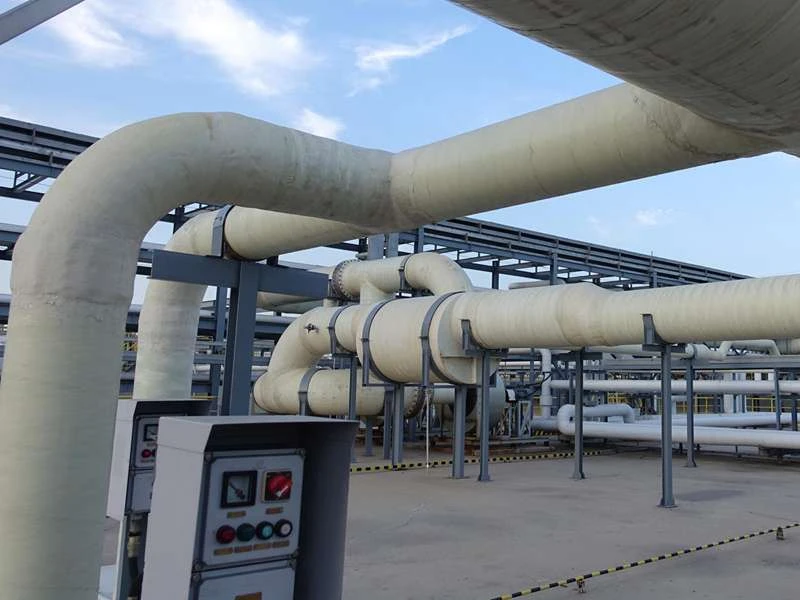
-
 Afrikaans
Afrikaans -
 Albanian
Albanian -
 Amharic
Amharic -
 Arabic
Arabic -
 Armenian
Armenian -
 Azerbaijani
Azerbaijani -
 Basque
Basque -
 Belarusian
Belarusian -
 Bengali
Bengali -
 Bosnian
Bosnian -
 Bulgarian
Bulgarian -
 Catalan
Catalan -
 Cebuano
Cebuano -
 China
China -
 China (Taiwan)
China (Taiwan) -
 Corsican
Corsican -
 Croatian
Croatian -
 Czech
Czech -
 Danish
Danish -
 Dutch
Dutch -
 English
English -
 Esperanto
Esperanto -
 Estonian
Estonian -
 Finnish
Finnish -
 French
French -
 Frisian
Frisian -
 Galician
Galician -
 Georgian
Georgian -
 German
German -
 Greek
Greek -
 Gujarati
Gujarati -
 Haitian Creole
Haitian Creole -
 hausa
hausa -
 hawaiian
hawaiian -
 Hebrew
Hebrew -
 Hindi
Hindi -
 Miao
Miao -
 Hungarian
Hungarian -
 Icelandic
Icelandic -
 igbo
igbo -
 Indonesian
Indonesian -
 irish
irish -
 Italian
Italian -
 Japanese
Japanese -
 Javanese
Javanese -
 Kannada
Kannada -
 kazakh
kazakh -
 Khmer
Khmer -
 Rwandese
Rwandese -
 Korean
Korean -
 Kurdish
Kurdish -
 Kyrgyz
Kyrgyz -
 Lao
Lao -
 Latin
Latin -
 Latvian
Latvian -
 Lithuanian
Lithuanian -
 Luxembourgish
Luxembourgish -
 Macedonian
Macedonian -
 Malgashi
Malgashi -
 Malay
Malay -
 Malayalam
Malayalam -
 Maltese
Maltese -
 Maori
Maori -
 Marathi
Marathi -
 Mongolian
Mongolian -
 Myanmar
Myanmar -
 Nepali
Nepali -
 Norwegian
Norwegian -
 Norwegian
Norwegian -
 Occitan
Occitan -
 Pashto
Pashto -
 Persian
Persian -
 Polish
Polish -
 Portuguese
Portuguese -
 Punjabi
Punjabi -
 Romanian
Romanian -
 Russian
Russian -
 Samoan
Samoan -
 Scottish Gaelic
Scottish Gaelic -
 Serbian
Serbian -
 Sesotho
Sesotho -
 Shona
Shona -
 Sindhi
Sindhi -
 Sinhala
Sinhala -
 Slovak
Slovak -
 Slovenian
Slovenian -
 Somali
Somali -
 Spanish
Spanish -
 Sundanese
Sundanese -
 Swahili
Swahili -
 Swedish
Swedish -
 Tagalog
Tagalog -
 Tajik
Tajik -
 Tamil
Tamil -
 Tatar
Tatar -
 Telugu
Telugu -
 Thai
Thai -
 Turkish
Turkish -
 Turkmen
Turkmen -
 Ukrainian
Ukrainian -
 Urdu
Urdu -
 Uighur
Uighur -
 Uzbek
Uzbek -
 Vietnamese
Vietnamese -
 Welsh
Welsh -
 Bantu
Bantu -
 Yiddish
Yiddish -
 Yoruba
Yoruba -
 Zulu
Zulu
High-Quality Fiberglass Storage Tanks for Versatile Applications
The Benefits of Fiberglass Storage Tanks
Fiberglass storage tanks have emerged as a popular choice for various industries due to their unique properties and advantages over traditional storage solutions. These tanks, primarily made from fiberglass-reinforced plastic, offer a range of benefits that cater to the needs of businesses in sectors such as water treatment, oil and gas, and chemical processing.
One of the most significant advantages of fiberglass storage tanks is their resistance to corrosion. Unlike steel or concrete tanks that can deteriorate over time due to exposure to harsh chemicals or environmental conditions, fiberglass is highly durable and can withstand a variety of corrosive elements. This makes them particularly suitable for storing chemicals, acids, and other aggressive substances without the risk of leakage or contamination.
Another notable feature of fiberglass tanks is their lightweight nature. Compared to conventional materials, fiberglass is significantly lighter, which simplifies transportation and installation. This characteristic can lead to reduced labor costs and the ability to transport larger tanks with ease, making them an efficient choice for businesses looking to optimize their storage solutions.
Additionally, fiberglass storage tanks are known for their superior insulation properties. They help maintain the temperature of the stored liquids, reducing energy costs associated with heating or cooling. This is particularly beneficial in industries where temperature control is crucial, such as in the storage of fuel or sensitive chemicals. The tanks can be manufactured with specific thermal properties, allowing for a tailored solution to meet the requirements of various applications.
fiberglass storage tank

Furthermore, the design versatility of fiberglass tanks allows for customization in terms of size, shape, and capacity. This adaptability means that businesses can specify tanks that perfectly fit their space and storage needs, thus maximizing efficiency and inventory management. Whether it is a demand for above-ground or underground tanks, fiberglass can provide the required solutions.
In terms of maintenance, fiberglass tanks are also advantageous. Their smooth surface reduces the accumulation of deposits and algae, leading to lower maintenance requirements. Periodic inspections and basic cleaning suffice to keep these tanks in optimal condition, which translates into long-term cost savings for users.
Safety is another critical aspect where fiberglass tanks excel. They are non-conductive and do not rust, making them a safer option for storing flammable or hazardous materials. The risk of fire or chemical reactions is minimized, ensuring a safer working environment.
In conclusion, fiberglass storage tanks stand out as a reliable and efficient storage solution for various industries. Their durability, lightweight nature, insulation properties, design flexibility, low maintenance requirements, and safety features make them an excellent investment for any business looking to enhance their storage capabilities. As industries continue to evolve and face new challenges, fiberglass tanks will likely play a pivotal role in meeting the demands of modern storage needs.
Latest news
-
Exploring the Benefits of Top Hammer Drifter Rods for Enhanced Drilling PerformanceNewsJun.10,2025
-
High-Precision Fiberglass Winding Machine for GRP/FRP Pipe Production – Reliable & Efficient SolutionsNewsJun.10,2025
-
FRP Pipes & Fittings for Shipbuilding - Corrosion-Resistant & LightweightNewsJun.09,2025
-
Premium FRP Flooring Solutions Durable & Slip-ResistantNewsJun.09,2025
-
Premium Fiberglass Rectangular Tanks Durable & Lightweight SolutionNewsJun.09,2025
-
Tapered Drill String Design Guide Durable Performance & UsesNewsJun.09,2025









